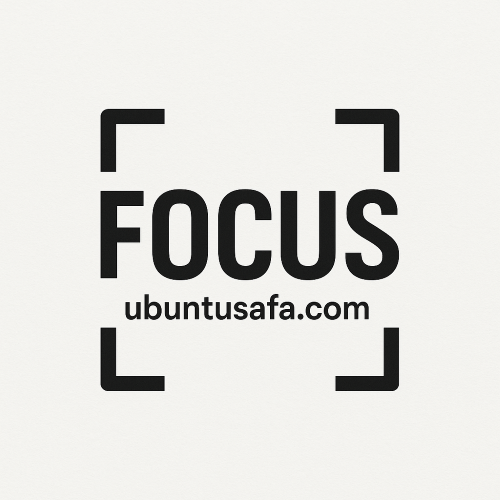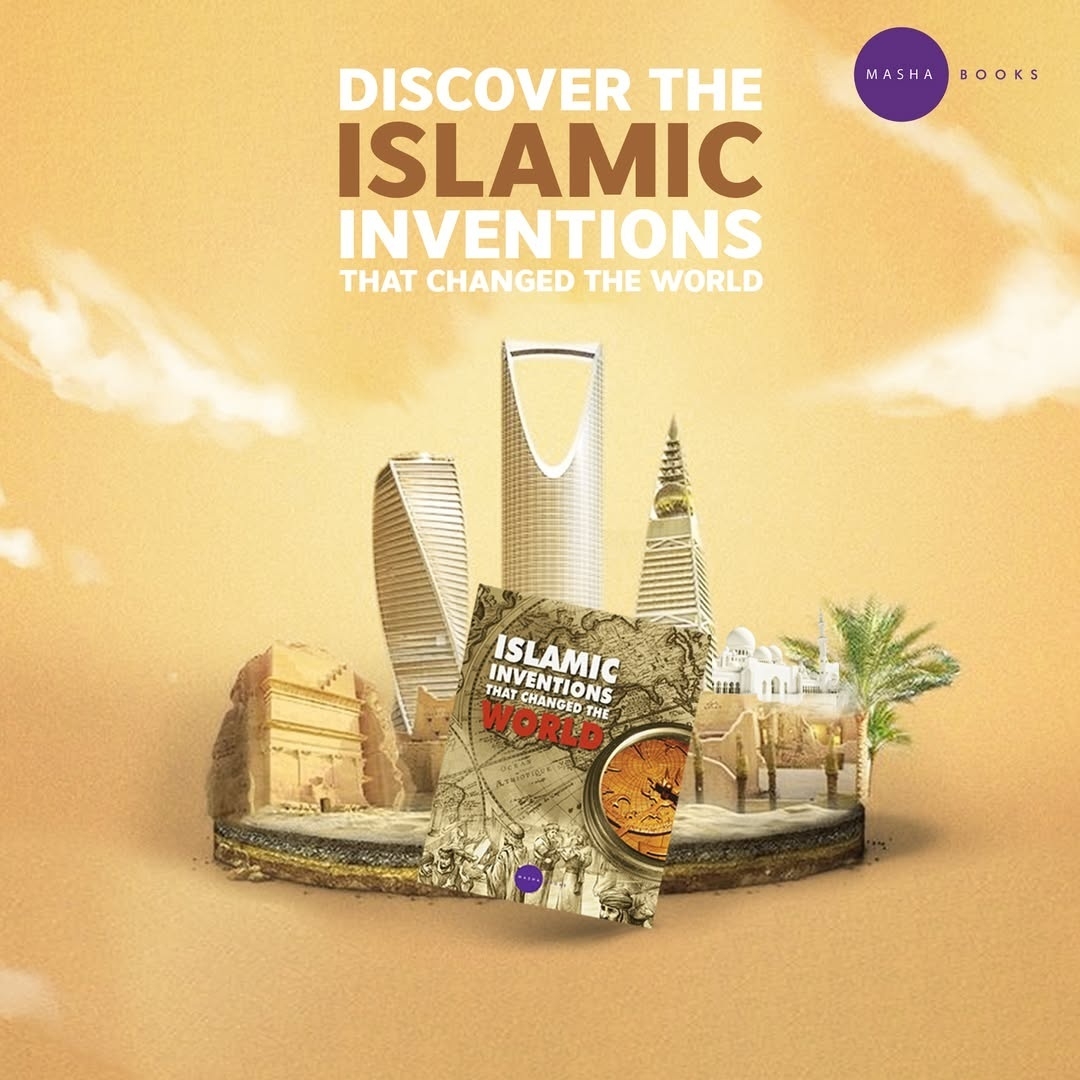## Key Actors and Methods in the Financing of Islamic Extremism in Nigeria and West Africa
Islamic extremist groups operating in Nigeria and the broader West African region, notably Boko Haram factions (including JAS) and the Islamic State West Africa Province (ISWAP), alongside Jama'at Nusrat al-Islam wal-Muslimin (JNIM) and Islamic State in the Greater Sahara (ISGS) in the Sahel, sustain their activities through a complex and multifaceted network of financial and material support. Funding sources range from localized criminal activities and resource exploitation to international financial networks and support from global extremist organizations.
**Key Funding Mechanisms:**
* **Criminal Activities:** A primary revenue stream for these groups is direct criminal enterprise. This includes:
* **Kidnapping for Ransom:** A highly lucrative tactic, targeting both locals and foreigners, generating significant income.
* **Extortion and Taxation:** Imposing levies on local populations, businesses, and economic activities (such as farming, fishing, and trade) in areas under their control or influence. For instance, ISWAP is known to tax the lucrative fish and red pepper trade in the Lake Chad Basin.
* **Bank Robberies and Looting:** Direct attacks on financial institutions and pillaging of communities.
* **Trafficking:** Involvement in various forms of trafficking, including arms, drugs, and humans, often leveraging porous borders and existing criminal networks.
* **Exploitation of Natural Resources:** Extremist groups exploit natural resources in areas they operate. This includes:
* **Illegal Mining:** Particularly of gold in regions like the Sahel. Groups like JNIM have been linked to the control and taxation of artisanal gold mining sites.
* **Control of Agricultural and Fishing Economies:** As seen with Boko Haram and ISWAP in the Lake Chad Basin, controlling and taxing these local industries provides substantial revenue.
* **Local Support Networks:**
* **Wealthy Sympathizers and Professionals:** Reports suggest that some local politicians, religious sympathizers, and wealthy professionals provide financial support to these groups, sometimes through "protection money."
* **Bureau De Change Operators:** The Nigerian government has identified and arrested Bureau De Change operators involved in facilitating financial transactions for extremist groups.
* **International Support and Networks:**
* **ISIS Core Support to ISWAP:** ISWAP, as an affiliate of the Islamic State, reportedly receives financial backing from the ISIS core. This includes alleged monthly payments to fighters and funds to support governance-like activities in areas ISWAP controls.
* **Foreign Donations and Remittances:** While often opaque, foreign donations and remittances from sympathizers abroad contribute to funding. These may be channeled through informal money transfer systems (like hawalas) or disguised through charitable organizations.
* **Specific International Financing Cells:** A notable case involved a Boko Haram financing cell based in the United Arab Emirates (UAE). Six Nigerian individuals were convicted in the UAE and subsequently sanctioned by the U.S. Treasury for establishing this cell, which funneled hundreds of thousands of dollars to Boko Haram in Nigeria. Individuals like Abdurrahman Ado Musa were central to this network.
* **Alleged Al-Qaeda Links:** Historically, Boko Haram was reported to have received initial funding from Al-Qaeda. While current direct financial ties are less clear, ideological affiliations and potential connections with Al-Qaeda in the Islamic Maghreb (AQIM) and its successor JNIM remain a factor in the regional extremist landscape.
**Identified Individuals and Entities:**
* **Nigerian Government Actions:** The Nigerian government has arrested and sanctioned individuals suspected of terrorism financing. For instance, **Abdurrahaman Musa Ado** was designated by Nigeria's Sanctions Committee as a terrorist financier. The government has also spoken of uncovering a significant funding ring involving numerous individuals and businesses.
* **U.S. Sanctions:** The United States has designated several individuals for supporting Boko Haram. Notably, six Nigerians linked to the UAE-based financing cell were sanctioned:
* **Abdurrahman Ado Musa**
* **Salihu Yusuf Adamu**
* **Bashir Ali Yusuf**
* **Muhammed Ibrahim Isa**
* **Ibrahim Ali Alhassan**
* **Surajo Abubakar Muhammad**
These individuals were found guilty of transferring significant funds from Dubai to Boko Haram in Nigeria.
* **Global Terrorist Organizations:** ISWAP is an officially recognized affiliate of the Islamic State (ISIS), and JNIM is aligned with Al-Qaeda. This affiliation implies a degree of command, control, and potentially material and financial support from these global entities, as evidenced by ISIS's financial backing of ISWAP.
**Challenges in Countering Terrorism Financing:**
Despite efforts by national governments and international bodies like the Financial Action Task Force (FATF), the Inter-Governmental Action Group against Money Laundering in West Africa (GIABA), and the United Nations, disrupting terrorist financing in the region remains a significant challenge. These challenges include:
* **Cash-Based Economies:** The prevalence of informal, cash-based economies makes tracking illicit financial flows difficult.
* **Porous Borders:** Weak border security facilitates the movement of cash, goods, and individuals involved in illicit activities.
* **Difficult Terrain and Ungoverned Spaces:** Large, remote, and often ungoverned or poorly governed areas provide safe havens for extremist groups to operate and generate funds.
* **Difficulties in Prosecution:** Even when financiers are identified, securing convictions can be challenging due to legal and evidentiary hurdles.
* **Adaptability of Terrorist Groups:** Extremist groups continually adapt their financing methods to circumvent counter-terrorism measures.
**State Sponsors:**
While specific states are not consistently and publicly named by international bodies as direct, ongoing sponsors of Islamic extremist groups in Nigeria and West Africa in the same vein as global state sponsorship designations, the complex geopolitical landscape means external influences and historic interventions (like the situation in Libya) are sometimes cited as contributing factors to regional instability that extremist groups exploit. The primary identified external financial support comes from transnational terrorist organizations like ISIS and networks of individuals, rather than direct state sponsorship in most public accounts.
In conclusion, the financing of Islamic extremism in Nigeria and West Africa is a multifaceted issue, deeply intertwined with local criminal economies, regional instability, and international extremist networks. Efforts to counter this require a comprehensive approach that addresses both the local drivers of funding and the transnational financial flows supporting these groups.
## Key Actors and Methods in the Financing of Islamic Extremism in Nigeria and West Africa
Islamic extremist groups operating in Nigeria and the broader West African region, notably Boko Haram factions (including JAS) and the Islamic State West Africa Province (ISWAP), alongside Jama'at Nusrat al-Islam wal-Muslimin (JNIM) and Islamic State in the Greater Sahara (ISGS) in the Sahel, sustain their activities through a complex and multifaceted network of financial and material support. Funding sources range from localized criminal activities and resource exploitation to international financial networks and support from global extremist organizations.
**Key Funding Mechanisms:**
* **Criminal Activities:** A primary revenue stream for these groups is direct criminal enterprise. This includes:
* **Kidnapping for Ransom:** A highly lucrative tactic, targeting both locals and foreigners, generating significant income.
* **Extortion and Taxation:** Imposing levies on local populations, businesses, and economic activities (such as farming, fishing, and trade) in areas under their control or influence. For instance, ISWAP is known to tax the lucrative fish and red pepper trade in the Lake Chad Basin.
* **Bank Robberies and Looting:** Direct attacks on financial institutions and pillaging of communities.
* **Trafficking:** Involvement in various forms of trafficking, including arms, drugs, and humans, often leveraging porous borders and existing criminal networks.
* **Exploitation of Natural Resources:** Extremist groups exploit natural resources in areas they operate. This includes:
* **Illegal Mining:** Particularly of gold in regions like the Sahel. Groups like JNIM have been linked to the control and taxation of artisanal gold mining sites.
* **Control of Agricultural and Fishing Economies:** As seen with Boko Haram and ISWAP in the Lake Chad Basin, controlling and taxing these local industries provides substantial revenue.
* **Local Support Networks:**
* **Wealthy Sympathizers and Professionals:** Reports suggest that some local politicians, religious sympathizers, and wealthy professionals provide financial support to these groups, sometimes through "protection money."
* **Bureau De Change Operators:** The Nigerian government has identified and arrested Bureau De Change operators involved in facilitating financial transactions for extremist groups.
* **International Support and Networks:**
* **ISIS Core Support to ISWAP:** ISWAP, as an affiliate of the Islamic State, reportedly receives financial backing from the ISIS core. This includes alleged monthly payments to fighters and funds to support governance-like activities in areas ISWAP controls.
* **Foreign Donations and Remittances:** While often opaque, foreign donations and remittances from sympathizers abroad contribute to funding. These may be channeled through informal money transfer systems (like hawalas) or disguised through charitable organizations.
* **Specific International Financing Cells:** A notable case involved a Boko Haram financing cell based in the United Arab Emirates (UAE). Six Nigerian individuals were convicted in the UAE and subsequently sanctioned by the U.S. Treasury for establishing this cell, which funneled hundreds of thousands of dollars to Boko Haram in Nigeria. Individuals like Abdurrahman Ado Musa were central to this network.
* **Alleged Al-Qaeda Links:** Historically, Boko Haram was reported to have received initial funding from Al-Qaeda. While current direct financial ties are less clear, ideological affiliations and potential connections with Al-Qaeda in the Islamic Maghreb (AQIM) and its successor JNIM remain a factor in the regional extremist landscape.
**Identified Individuals and Entities:**
* **Nigerian Government Actions:** The Nigerian government has arrested and sanctioned individuals suspected of terrorism financing. For instance, **Abdurrahaman Musa Ado** was designated by Nigeria's Sanctions Committee as a terrorist financier. The government has also spoken of uncovering a significant funding ring involving numerous individuals and businesses.
* **U.S. Sanctions:** The United States has designated several individuals for supporting Boko Haram. Notably, six Nigerians linked to the UAE-based financing cell were sanctioned:
* **Abdurrahman Ado Musa**
* **Salihu Yusuf Adamu**
* **Bashir Ali Yusuf**
* **Muhammed Ibrahim Isa**
* **Ibrahim Ali Alhassan**
* **Surajo Abubakar Muhammad**
These individuals were found guilty of transferring significant funds from Dubai to Boko Haram in Nigeria.
* **Global Terrorist Organizations:** ISWAP is an officially recognized affiliate of the Islamic State (ISIS), and JNIM is aligned with Al-Qaeda. This affiliation implies a degree of command, control, and potentially material and financial support from these global entities, as evidenced by ISIS's financial backing of ISWAP.
**Challenges in Countering Terrorism Financing:**
Despite efforts by national governments and international bodies like the Financial Action Task Force (FATF), the Inter-Governmental Action Group against Money Laundering in West Africa (GIABA), and the United Nations, disrupting terrorist financing in the region remains a significant challenge. These challenges include:
* **Cash-Based Economies:** The prevalence of informal, cash-based economies makes tracking illicit financial flows difficult.
* **Porous Borders:** Weak border security facilitates the movement of cash, goods, and individuals involved in illicit activities.
* **Difficult Terrain and Ungoverned Spaces:** Large, remote, and often ungoverned or poorly governed areas provide safe havens for extremist groups to operate and generate funds.
* **Difficulties in Prosecution:** Even when financiers are identified, securing convictions can be challenging due to legal and evidentiary hurdles.
* **Adaptability of Terrorist Groups:** Extremist groups continually adapt their financing methods to circumvent counter-terrorism measures.
**State Sponsors:**
While specific states are not consistently and publicly named by international bodies as direct, ongoing sponsors of Islamic extremist groups in Nigeria and West Africa in the same vein as global state sponsorship designations, the complex geopolitical landscape means external influences and historic interventions (like the situation in Libya) are sometimes cited as contributing factors to regional instability that extremist groups exploit. The primary identified external financial support comes from transnational terrorist organizations like ISIS and networks of individuals, rather than direct state sponsorship in most public accounts.
In conclusion, the financing of Islamic extremism in Nigeria and West Africa is a multifaceted issue, deeply intertwined with local criminal economies, regional instability, and international extremist networks. Efforts to counter this require a comprehensive approach that addresses both the local drivers of funding and the transnational financial flows supporting these groups.








